ENARADA, Bangalore
By Mathihalli Madan Mohan
The latest developments both at the national level for the BJP and at the state level in JDS are sure to have their own impact on the course of future course of political developments in Karnataka in general and on whether the opposition can give a combined fight to the Congress in the forthcoming parliament elections which are due in a couple of months time from now.
For Karnataka, is one of the few states in the country, which is crucial for the number game the Congress and BJP led combinations are required to play in the next loksabha elections, with both political combinations finding it difficult to drum up the support to reach the halfway mark of the strength in loksabha. A seat gained or denied the rival party, would become vital moving towards the goal or stopping the rival in tracks.
Karnataka has a total of 28 loksabha seats, of which the share of Congress has been a mearly six, while the BJP walked away with 19 seats, and the JDS getting three seats. The prospects of the Congress faring better in the loksabha elections, have been spurred by the voting pattern noticed in the assembly elections, when Congress regained its primacy as the party which has the largest vote base in the state, a position, which it had marginally lost in 2008 elections to the BJP. And secondly, the 2013 elections saw the end of drought of votes, which Congress had experienced since 1999. For the first time, since 1999, the Congress had been able to rake an additional voters’ support of 24 lakh votes. And the Congress is confident that it would be able to put up a much better fight this time than the previous occasions, and thereby also deny the BJP the support from Karnataka.
The Congress at the moment flushed with its victory in the assembly elections and the bonus it got subsequently within less than three months of coming to power in wresting two loksabha seats from JDS in the bye elections is sitting pretty.
On the other hand, the opposition is in a state of total disarray, mired as they are in their own internal conundrums of sorts. The BJP has not been able to resolve the ticklish issue of how to accommodate the renegade former Chief Minister Yeddyurappa in its future plans. The JDS is in a dilemma, political or otherwise, on having or not having electoral alliance with BJP. But the political arithmetic makes it imperative for both of them to coalesce for their sheer political survival. Otherwise both of them get cast out.
The BJP in Karnataka has two problems to contend with. One is how to accommodate the former Chief Minister, who during his stint as the chief of the breakaway unit has proved that he is still a force to be reckoned with and the party can ignore him at its peril and second one has been the possible tie-up with the JDS for the loksabha elections. The anointment of Narendra Modi as the prime ministerial candidate by the national BJP and consequent relegation of the veteran Advani, is expected to resolve the issue.
A churning of sorts has been going on within the BJP, ever since the electorate taught it a lesson in the last assembly election for all the hara-kiri in which the party had indulged merrily, with Yeddyurappa moving away from the parent party to form his outfit and fighting the election on his own, and indulged in mutual mudslinging operation rather than attacking Congress. As a result both suffered in the process, enabling the Congress to sail to power effortlessly
And the poll figures had proved two points. Firstly, the BJP, without Yeddyurappa had been able to retain a substantial base, which of course was not enough to bring it the victory. Secondly, Yeddyurappa, without BJP proved that he has got a base of his own and cannot be ignored. The third point was surprisingly, the parent BJP, the two breakaway factions led by Yeddyurappa and the BSR Congress of the Janaradan Reddy faction, had between themselves polled more votes that what they had secured in the previous hustings. The BJP and its factions polled a total of 101 lakh votes in 2013 as against 87 lakh votes the united party could get in 2008. There had been an additional 24 lakhs votes to its combined poll kitty this time. What is of the significance is that the gain in votes has come despite the propaganda of the opposition on the corrupt dealings of the BJP leaders and the misgovernance that the party government offered during his 2008-2013 reign in Karnataka.
Had the two factions closed the ranks and fought elections, the path of victory of Congress in 2013 poll would not have been as easy as it turned out to be. It would have to huff and cuff to muster majority. The revelation of the inherent combined strength (including the BSR Congress) has revealed that the BJP is still a formidable force to be reckoned notwithstanding on all the allegations of corruption and scams. It looks as though in the present day politics the corruption is no a longer issue in the elections not only in Karnataka, but elsewhere in the country.
The coming together of the BJP groups through alliance or electoral tie-up is easier said than done. The chasm created by the recent happenings remains unbridged emotionally. Nothing short of party president ship would satisfy him and if that happens, it would mean the BJP’s national leadership endorsing the scams and corruption charges made against him, which are still pending and being investigated too. It would be embarrassing for the party loyalists who stood firm with the party, during Yeddyurappa’s rebellion.
Within the Yeddyurappa led KJP there is a sizeable section, which is against the merger. In the event of the tie-up, the problem would be on sharing of seats and the barring one or two loksabha constituencies, BJP has no chances of winning anywhere else. In the Northern Karnataka, there is no single constituencies, where the KJP can fight and win.
What however should clinch the deal in favour of Yeddyurappa, who would like toregain the BJP leadership, is the Modi factor. He is regarded as Modi man and if Modi would like a trusted man in Karnataka it would be Yeddyurappa. Modi would surely not depend on Ananth Kumar, who all along has identified with Advani group in BJP.
The problems plaguing JDS is however slightly different. The mood among the JDS was in upswing, when it was able to pip the BJP for the post of the Leader of the Opposition in the assembly on the basis of better voters support. But it was jolted out of the senses when it lost two Loksabha seats from Mandya and Bangalore Rural, in the by-elections held subsequently. This was despite electoral alliance worked out albeit informally with the BJP under which the latter withdrew from contest.
Devegowda who was not enthusiastic about aligning with BJP, was naturally upset with the political misadventure of his son and party president Kumaraswamy who had brokered the arrangement. When Kumaraswamy offered his resignation owing the moral responsibility, not only he was quick to accept it but brought in somebody outisde the charmed family circle in his place. What made the selection more puzzling was that the new nominee, Mr. Krishnappa is a new entrant, having strayed into JDS on being denied ticket by Congress in the assembly election.
This has set the tongues wagging on the game plan of Mr. Devegowda. One theory is that this signifies Gowda assuming the direct control over the state affairs since it is known that all those outside the family who are named as party presidents are simply puppets with the real strings pulled by none other than the patriarch. The only exception has been Kumaraswamy, who took independent decisions, twice in the past, one in 2006, when he torpedoed the coalition government with Congress, which had been the handiwork of his father in favour of a fresh one with BJP. And the second one has been the latest again, with BJP for the by-elections to loksabha. But as the events have proved on both occasions, he had to ultimately return to the line advocated by Gowda . Such an act last time, when he refused to handover the power to BJP as per the arrangement of sharing power, cost him his job and dealt a crucial blow to promising career.
The second theory is that inducting Krishnappa as the state president is nothing but a move made by Kumaraswamy himself, who would like to operate through proxy. But there are not many who subscribe to this theory. The upshot of the whole thing is that the prospects of possible consolidation of the opposition votes against Congress may not materialise. And Gowda’s move would indirectly benefit the Congress, which needs each one of the extra seats to retain the power at the Centre for the third time in a row, since Gowda is also averse to having any truck with NDA. He may however prefer to go with the Third front of the Non Congress and Non BJP parties as and when it is formed.
But the fact of the matter is that as the things stand today, the prospects of JDS winning more seats or retaining three seats which it had won in 2009 are hardly bright in view of the division of the Non Congress votes.
(Posted on September 21 , 2013 @ 6pm)
(Author is a Senior Journalist and Columnist. Mobile: +91 94480 74872 Email : madan.mm@gmail.com)
The views expressed on the website are those of the Columnists/ Authors/Journalists / Correspondents and do not necessarily reflect the views of ENARADA.

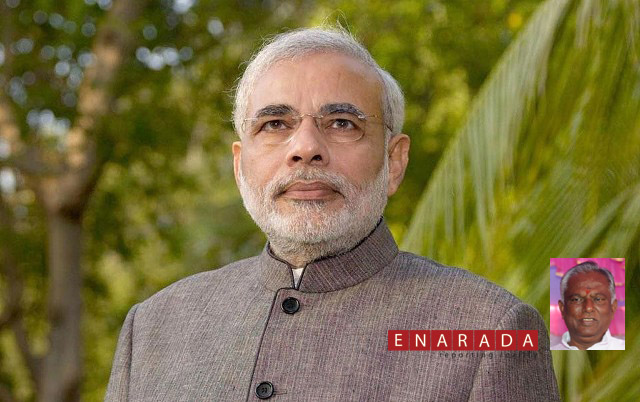
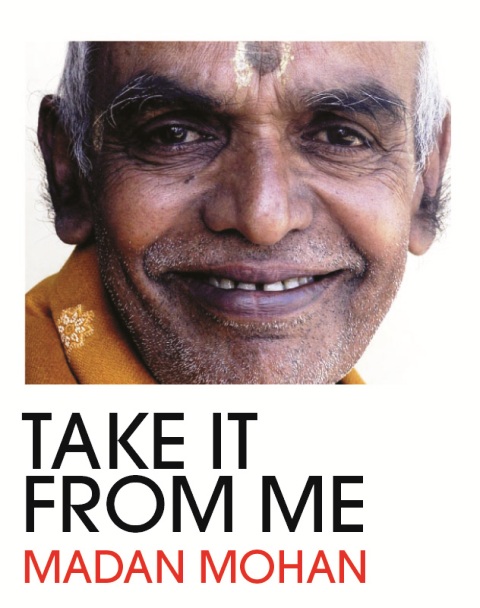
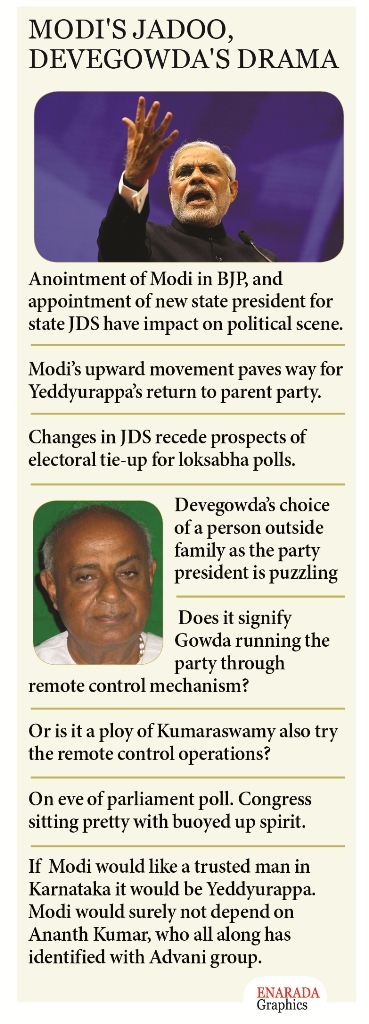
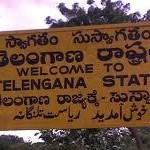
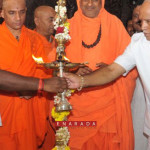
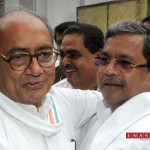
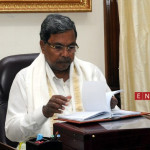
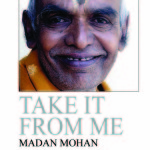
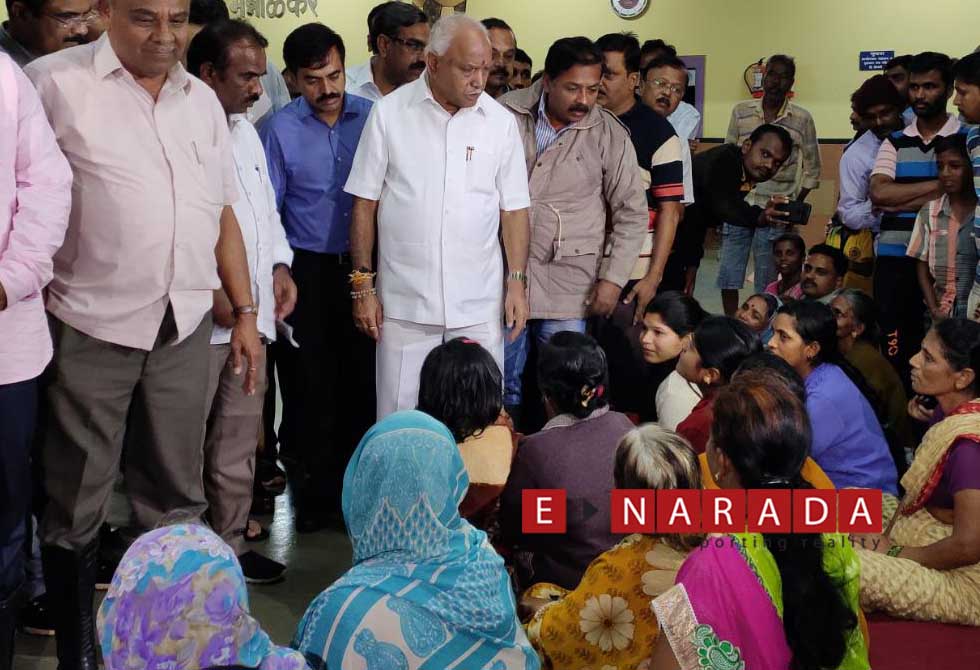
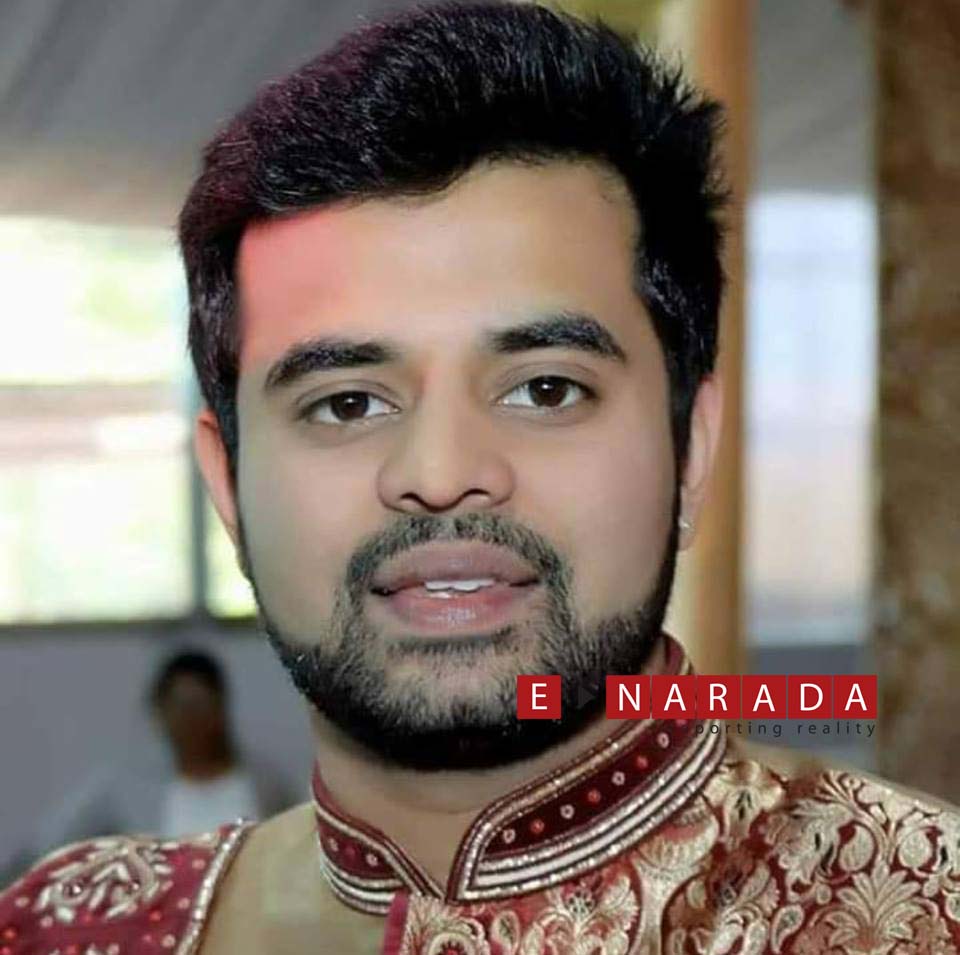
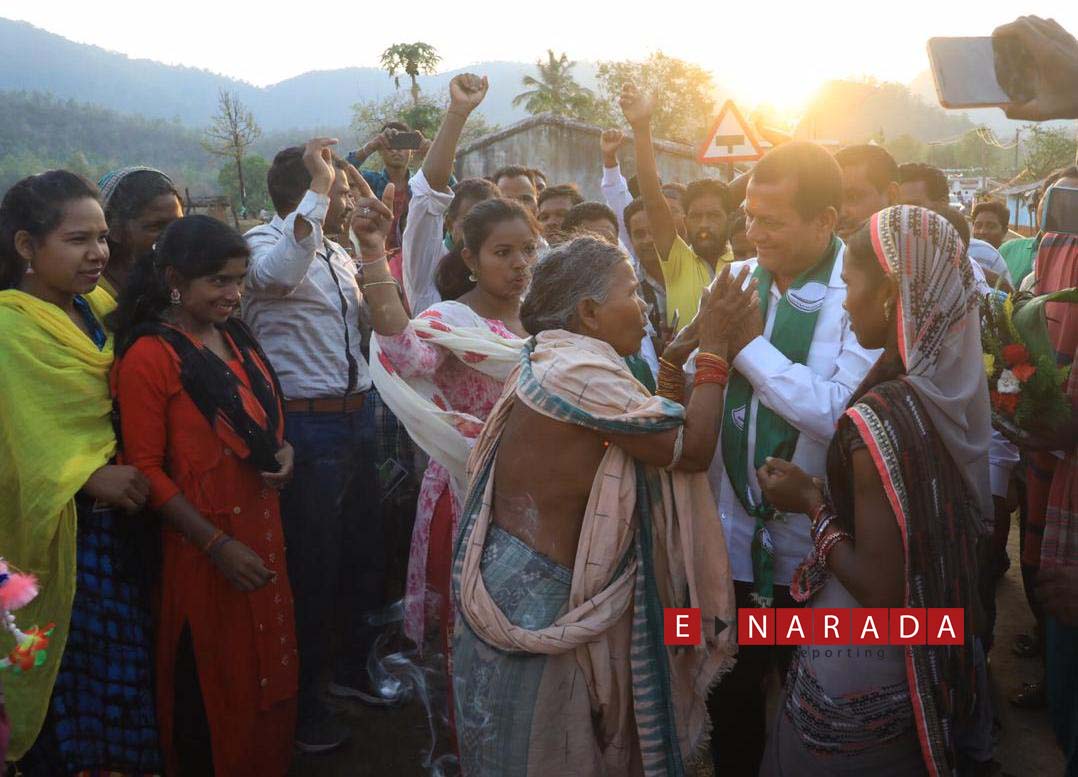
of course . The views of Madan Mohan is quite realistic.